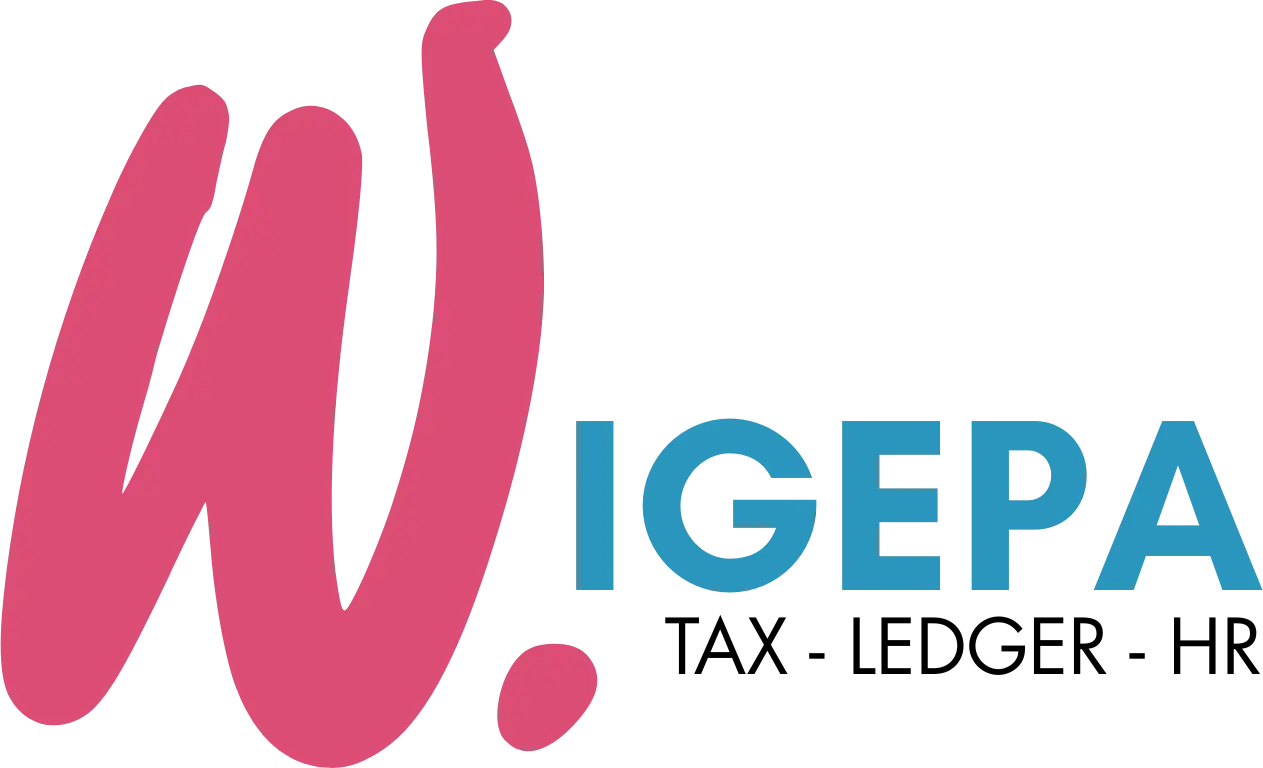The Dutch cabinet is preparing to tighten the rules around the knowledge migrant program. Minister Van Hijum’s goal is clear: combat abuse and safeguard the Dutch business climate. For owners of micro and small enterprises, this is more than just immigration policy, it affects hiring strategies, compliance obligations, and the ability to attract skilled talent.
Let’s break down what’s changing and why it matters.
1. Recognition Will Be Harder to Keep
If your company is a recognized referee, meaning you’re approved to hire knowledge migrants, you can’t just hold the status without using it. Under the new proposal, if you haven’t employed a knowledge migrant for two years, your recognition may be revoked.
Implication:
Small businesses often go through cycles of need. Maybe you hired a knowledge migrant in 2021, but haven’t needed one since. Under the new rules, you could lose your status and have to reapply later, facing a more rigorous screening process. This means you must plan ahead: if you want to keep the recognition, you’ll need to demonstrate active and compliant use of it.
2. Higher Salary Thresholds
The salary requirement for knowledge migrants aged 30+ would rise to 130% of the average gross annual salary, and for those under 30, to 110%.
Implication:
For small businesses, salary hikes are not just about paying more, they affect total compensation structures, payroll taxes, and long-term budgeting. If you were just meeting the previous minimums, you’ll now need to adjust significantly. This could push smaller companies out of the competition for certain international talents unless they can justify the higher costs with measurable returns.
3. Stricter Screening of Company Reliability
The government will look harder at your solvency, continuity, and compliance record—including tax penalties, labor law violations, and other regulatory breaches.
Implication:
Even small infractions, like late payroll tax filings or administrative errors, could weigh against you. This isn’t just about immigration, it’s about your entire compliance culture. If you’re sloppy with HR records, financial statements, or tax returns, it will show. This is a wake-up call to tighten your administrative processes before it affects your recruitment options.
4. Ban on Commercial Lending of Knowledge Migrants
Recognized sponsors will no longer be allowed to “lend” knowledge migrants commercially, except in very limited cases (innovative start-ups and scale-ups), and even then, only for a maximum of two years.
Implication:
If your business model involves temporary placement of specialists, this door will close. You’ll need to review whether your hiring strategy is about filling internal needs or supplying external services, because only the first will remain broadly allowed.
5. Expanded Duty of Care and Cooperation Between Agencies
Recognized referees will have a clearer and stricter duty of care, with added requirements for internal assessments. Government agencies will coordinate more closely to monitor compliance.
Implication:
If you’re recognized, expect more checks, more forms, and less room for interpretation. This is a compliance workload increase. For micro and small businesses without dedicated HR or legal teams, this will require either outsourcing these functions or investing in better internal capacity.
The Takeaway for Small Business Owners
The knowledge migrant program is becoming more expensive, more demanding, and less flexible. For large corporations, these changes are a tightening of the belt. For small companies, they can be a barrier to market entry in international talent recruitment.
What to do now:
- Review your recognition status and decide if you can maintain it under the new rules.
- Recalculate salary budgets for potential hires.
- Audit your compliance history to avoid surprises in future screenings.
- Strengthen internal processes for HR, payroll, and tax to avoid penalties.
- Consider alternative recruitment strategies if the costs or requirements become prohibitive.
In the end, the message is clear: the Dutch government wants recognized referees to be active, compliant, and financially solid. If you’re a micro or small business aiming to compete for global talent, you’ll need to be as disciplined and transparent as the biggest players, perhaps even more so.
Co-Founder of Xtroverso | Head of Ledger and Tax Compliance
Linda Pavan brings disciplined precision to Xtroverso, anchoring its financial, fiscal, and operational integrity. As a ZENTRIQ™ Certified Auditor, she translates complexity into clarity—ensuring every decision is traceable, compliant, and strategically sound. Her quiet rigor empowers businesses to act with confidence and accountability.

